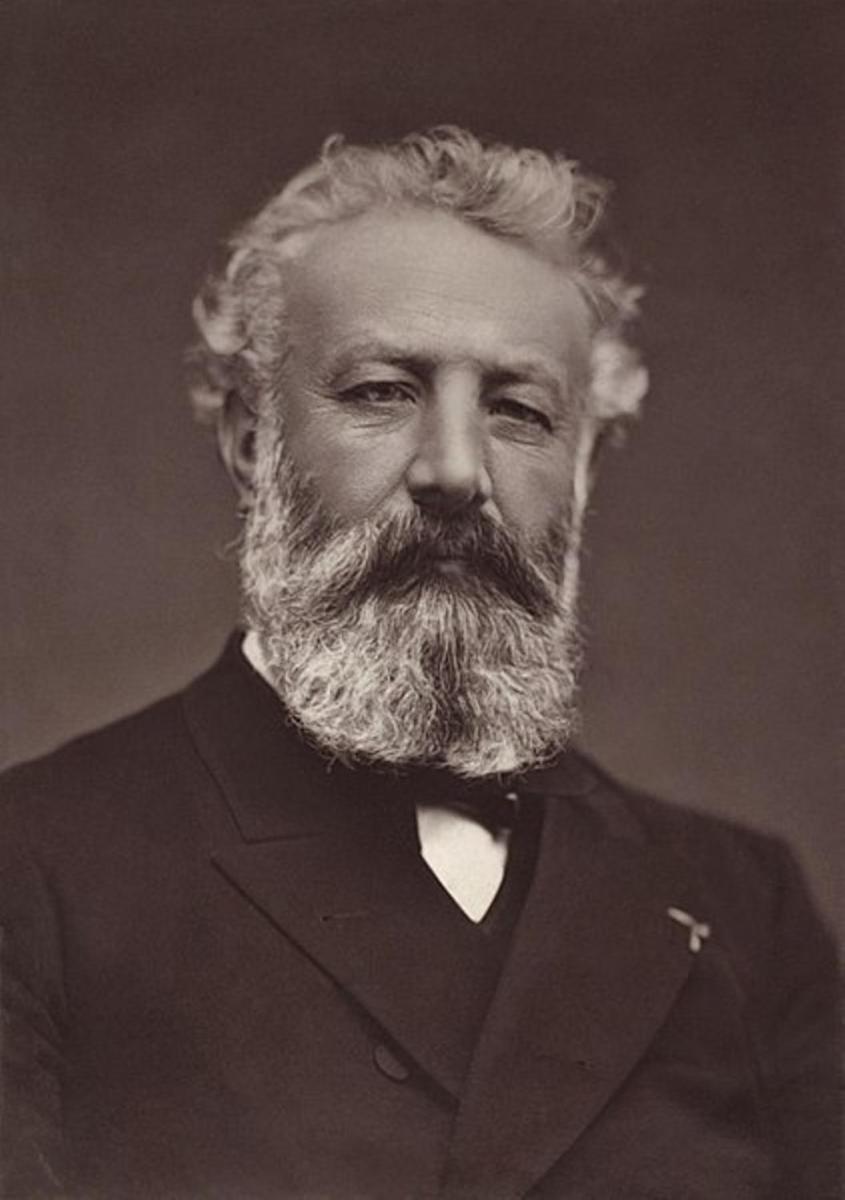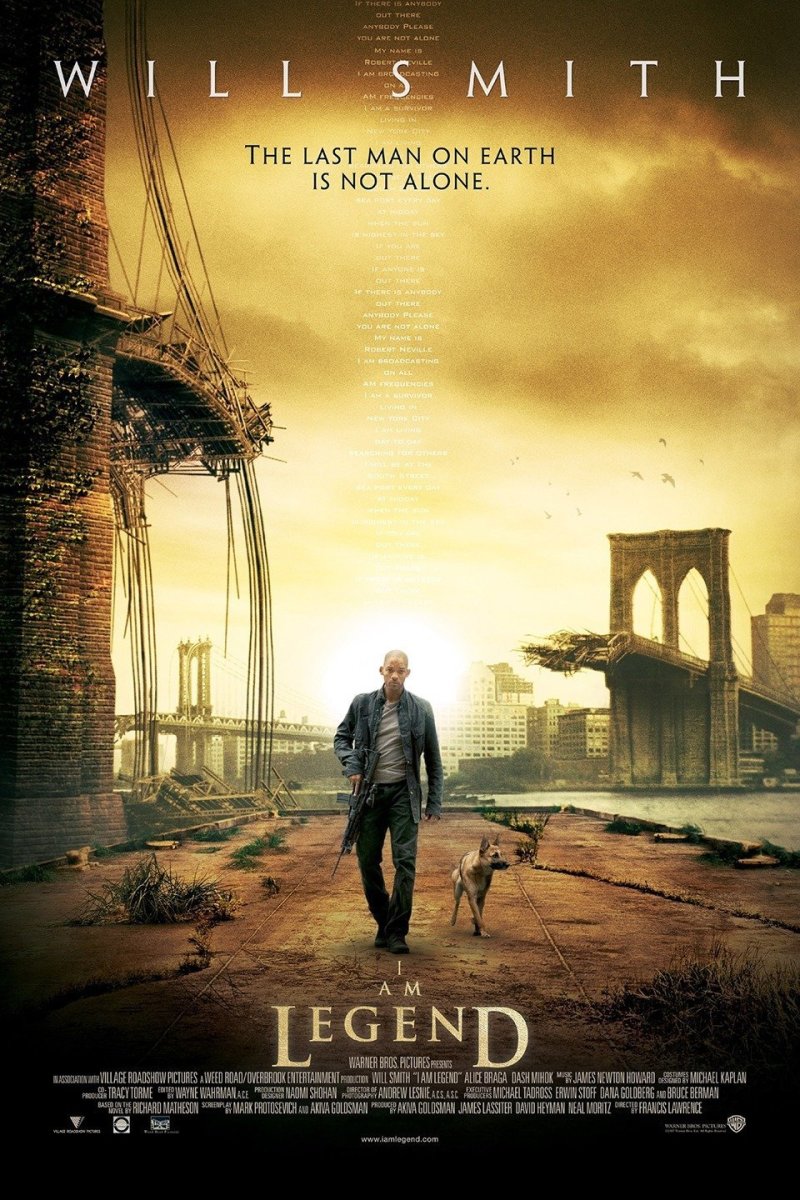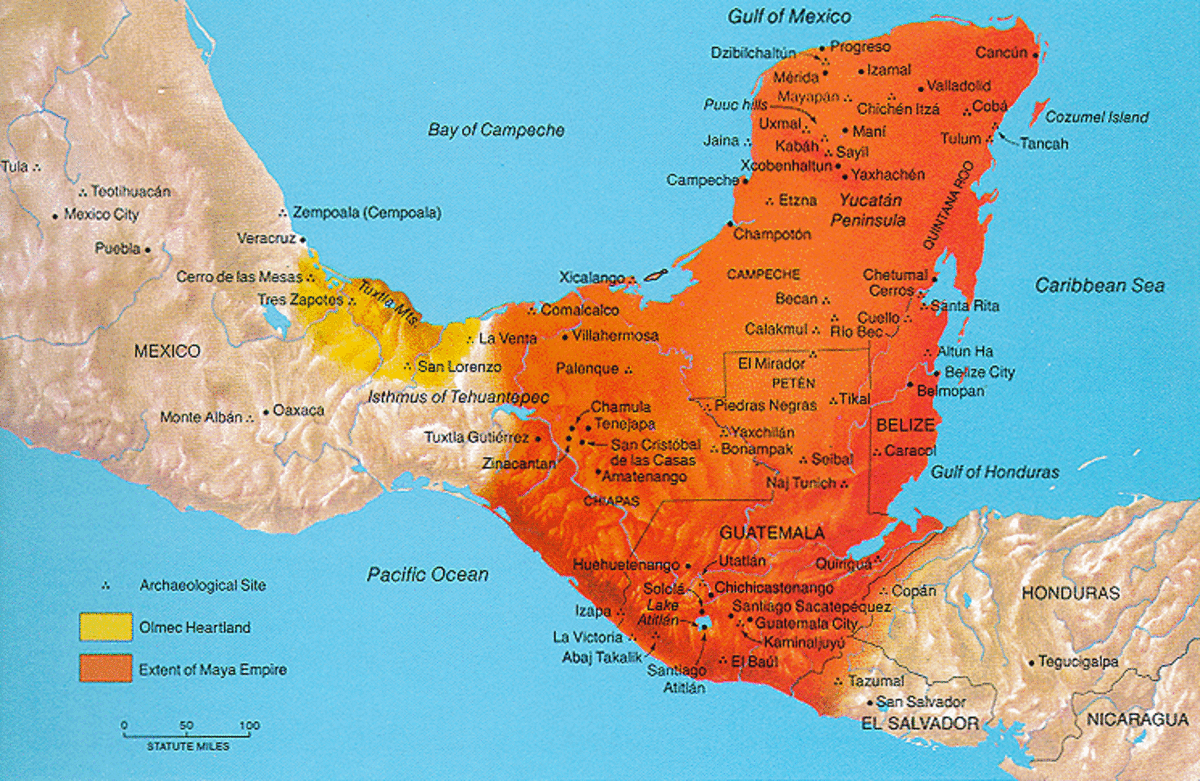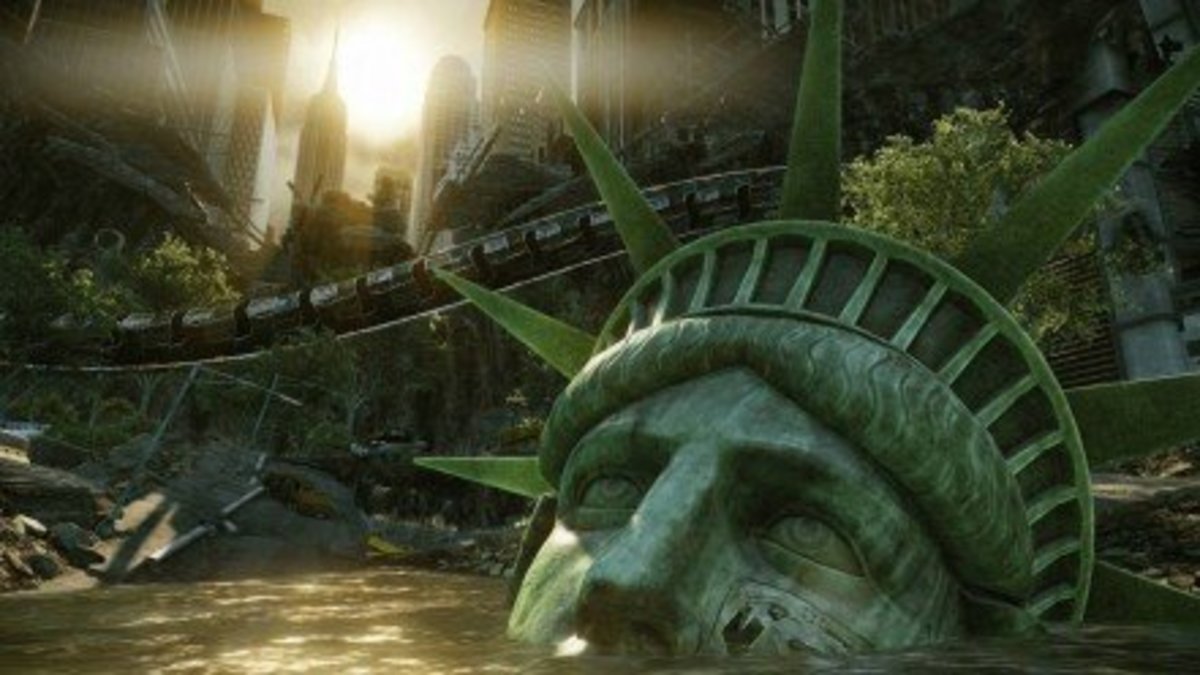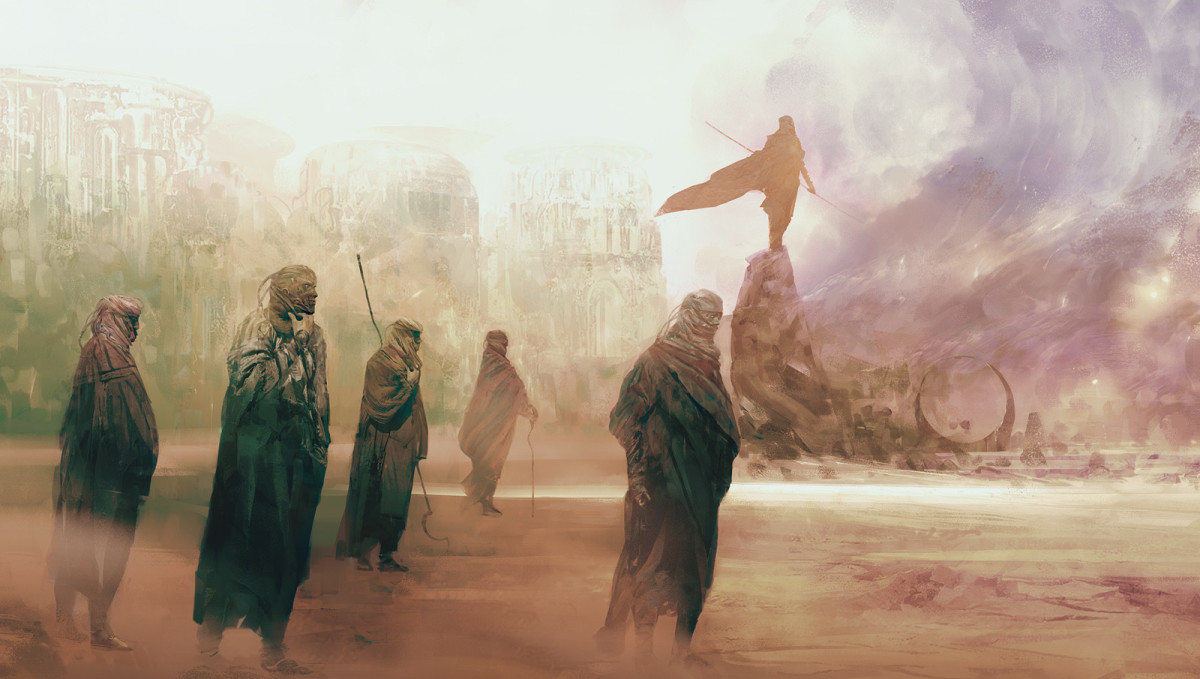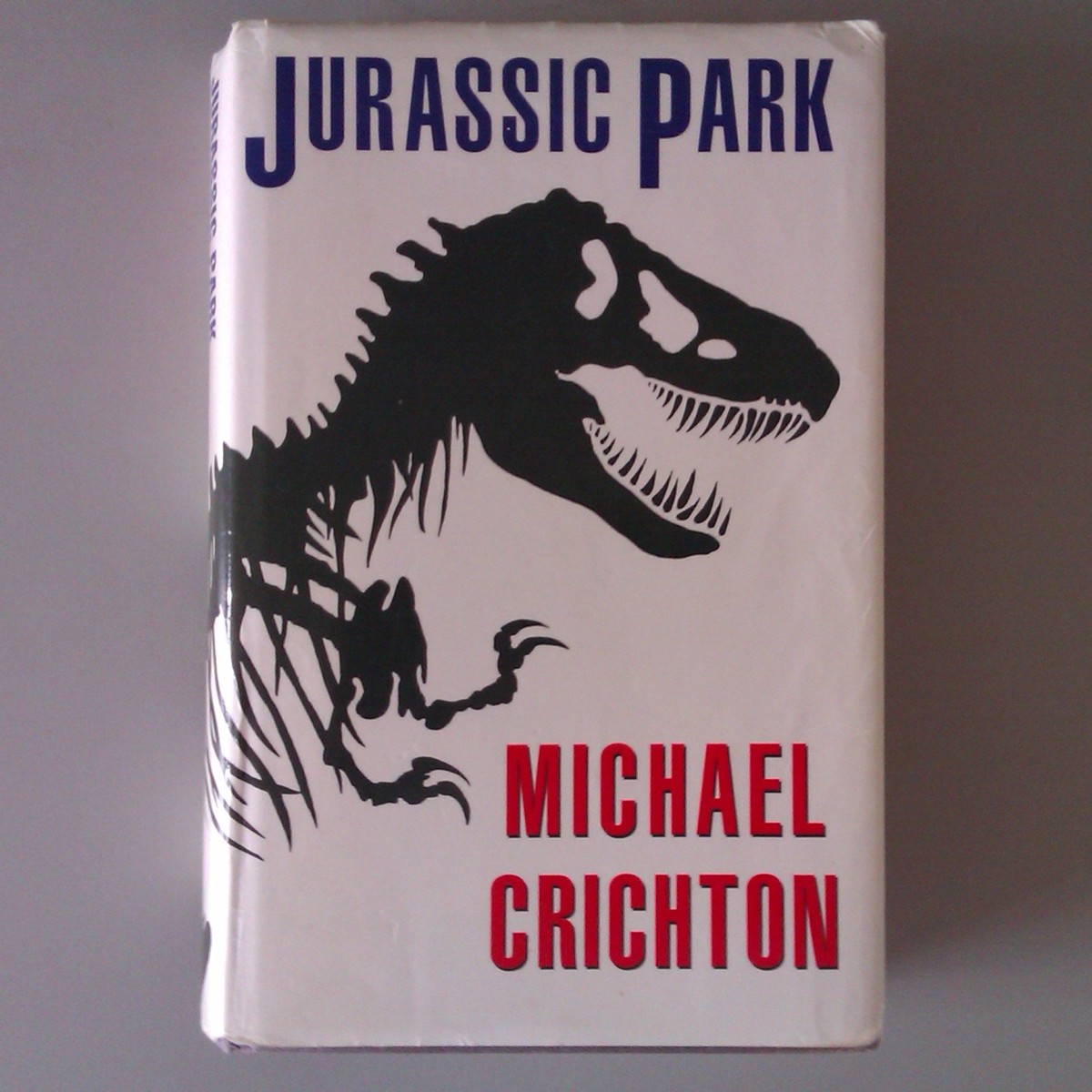- HubPages»
- Books, Literature, and Writing»
- Books & Novels»
- Fiction»
- Science Fiction & Fantasy Books
What is the Apeal of Post-Apocalyptic Fiction?
We've been interested in the end since the beginning
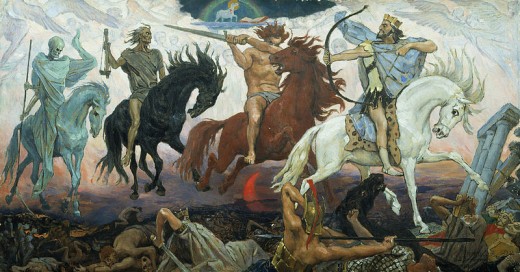
The end
People have been writing about the end of the world almost as long as we've been writing. Recently as our technology has reached the point where we can consider how our weapons or wastes might end the world we know a variation has been spawned. Post apocalyptic fiction considers the end of the world and what comes after. Interest in the genre may have peaked during the height of the cold war. At that time memories of WW2 and international tensions feed fear that the future the genre portrayed might become horrifyingly real. Although one might have expected it to have died out or dwindled in the wake of the end of that period, the popularity of games like the Fallout series or novels and films like the The Hunger Games show there is still a fair amount of interest. So what is it about the genre that attracts such interest? The interest in the averted apocalypse sub-genre is probably obvious. Overcoming the odds and cheating the reaper are always popular. The lure of true post apocalyptic fiction is less so.
It's usually not this bad
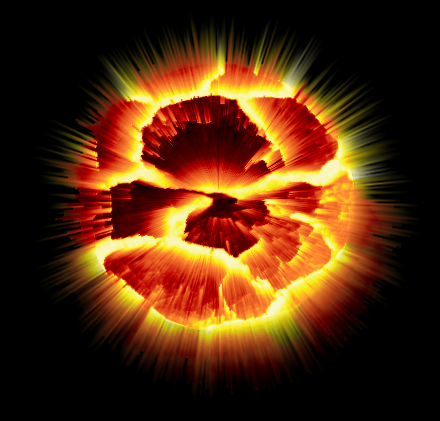
Population bottleneck
End or population decline
Despite references to the end of the world, post apocalyptic fiction almost never features the actual destruction of Earth. Occasionally you will find a story like Titan A.E. where our planet has literally been destroyed and the story focuses on space-faring refugee survivors. More commonly the genre focuses on the end of our current civilization and the near extinction of our species. What might surprise some is the fact that our species has already been through such an experience. Limited genetic diversity in the human species when compared to most other animals is believed to indicate that at some point in history human numbers dropped to somewhere between 2,000 to 10,000 individuals. This population bottleneck was probably too long ago to have had an impact on humanities interest in the end of the world. It occurred tens of thousands of years before any form of written record. There have however been more recent local disasters that have devastated local populations and probably prompted apocalyptic fears. The black death and Pompeii being just two recent examples of natural disasters. The first and second world wars were man made examples.
Our world is littered with ruins

Fallen empires
Not that their aren't plenty of ruins and ghost towns littered across our world. No doubt these have prompted many to speculate about how their own societies might fall prey to whatever ended their predecessors. It's even possible speculation about such ruins has helped prompt some early apocalyptic stories. Of course, in societies that don't idealize freedom of speech spinning tales of the fall of ones nation might risk charges of sedition. Stories of the end of the entire world however provided subtle means to criticize the failings of ones homeland safely. The juxtaposition of the fall of past civilizations with modern technology capable of destroying current civilization in minutes has moved these cautionary tales from allegorical to literal warnings. Is a fascination with cautionary tales all there is to interest in the genre?
Tales of the world after
After the end
Most post-apocalyptic tales tend to assume severe technological regression after “the end.” This has allowed storytellers to cast pseudo medieval feudalism amid the ruins of the modern word. In the case of the Shanara series Terri Brooks went so far as to create an entire fantasy world on the ashes of an apocalypse. Not that every post apocalyptic story cast technology as regressing the same amount. Depending on the reason for the fall of civilization and how soon after a story is set it may feature a regression to the stone age, a scavenger society using the leftovers of the old civilization or anything in between. The Mad Max series featured different groups at different levels of technological regression. Some like The Hunger Games leave the end of the old civilization unspecified and posit that either someone retained enough old technology to restart a high tech society or that their has been enough time for a complete technological recovery. There seems to be no end to the variations on the kind of societies that have been predicted to come after ours has fallen. Some storytellers have even gone so far as to predict the extinction of humanity and other animal species acquiring intelligence in our wake usually learning about us from our ruins. While most post apocalyptic tales have an element of hopefulness that humanity will go on those featuring other species succeeding us seem to find their hope in the idea that someone exhibiting our best characteristics will follow us.
Our final destination

Mortality
Sooner or later everything comes to an end. Every device breaks, every empire falls, every living thing dies. Much as we don't like to think about it that includes us. Most of us, on a subconscious level, seem to never quite believe that the world existed before our earliest memories or that it will go on after we die. We like to hope that an exception to the rule that everyone dies will be made in our case. If we acknowledge our own mortality we like to at least hope that the civilization that we grew up in will go on for our descendants despite the evidence that none last forever. Post apocalyptic fiction gives us a way to look at our mortality, that of our civilization and even our species. Perhaps this too is an appeal of the genre.
Different stories different morals
Cautionary tale, hope that life, human or not, will go on, confronting mortality. All of these form of the appeal of post apocalyptic stories. Not that everyone enjoys them for the same reasons or that all of them have the same appeal. Beneath the Planet of the Apes for instance was heavy on cautionary elements and confrontation of mortality but lacking in hope. The Fallout game series on the other hand has elements of all three. Considering how unlikely most consider an actual zombie apocalypse, shows like “the Walking Dead” lack the cautionary element (except as allegory for a global pandemic) but definitely confront mortality and show the hope that the struggle to survive will succeed. One thing is certain, as long as man remains mortal their will be an appetite for this genre.


